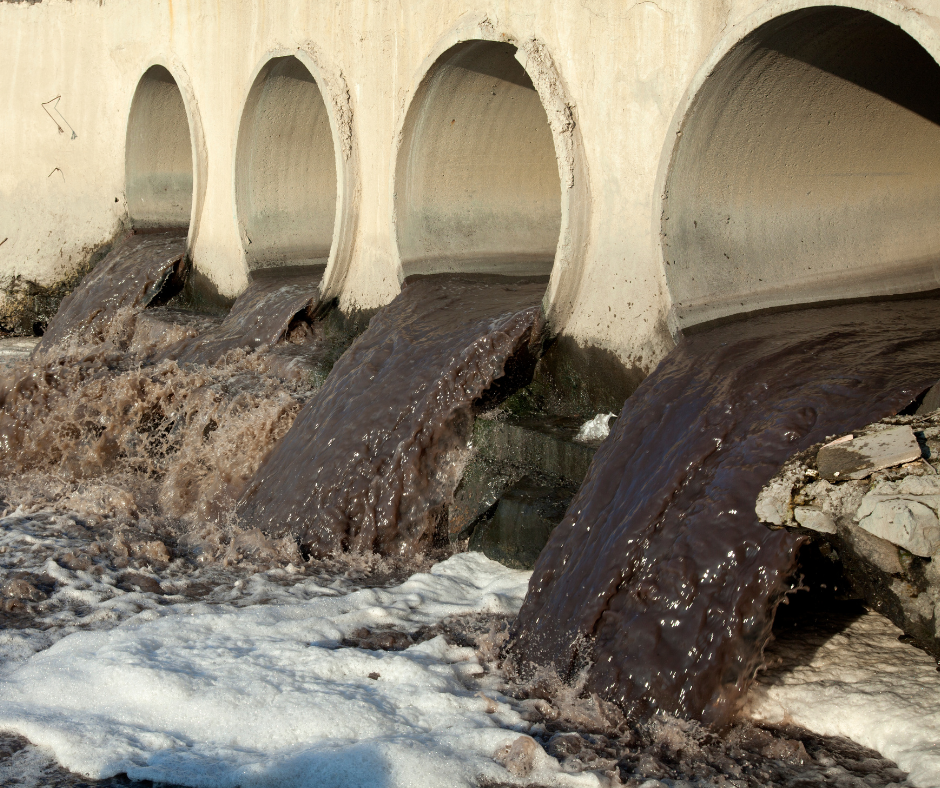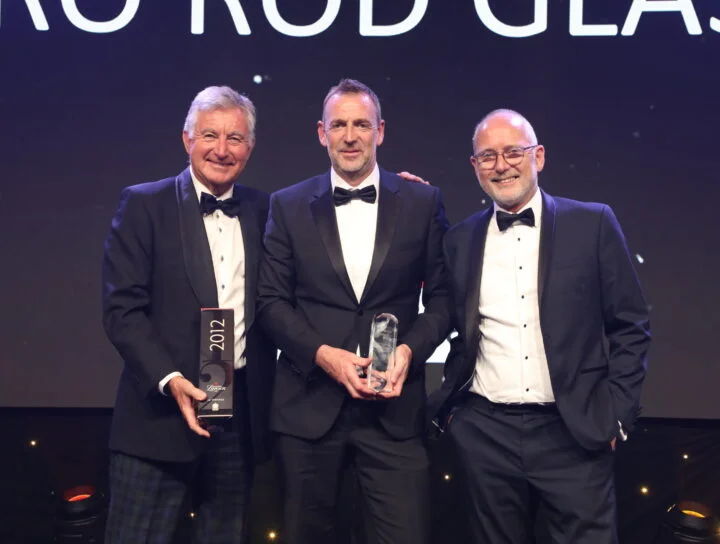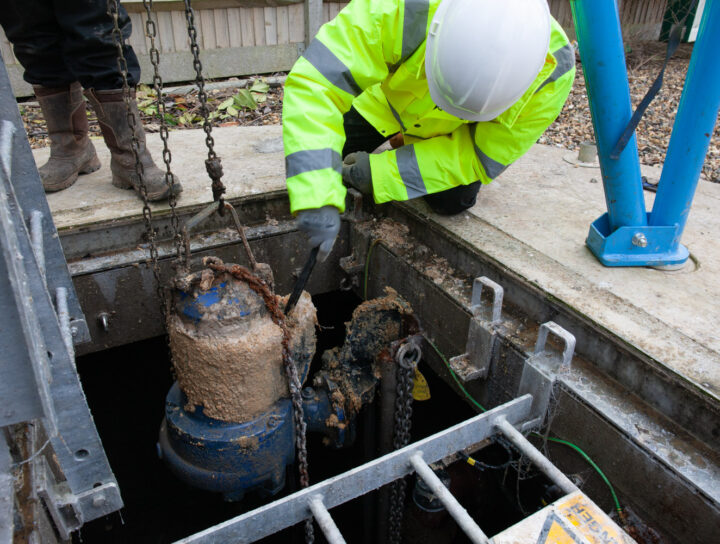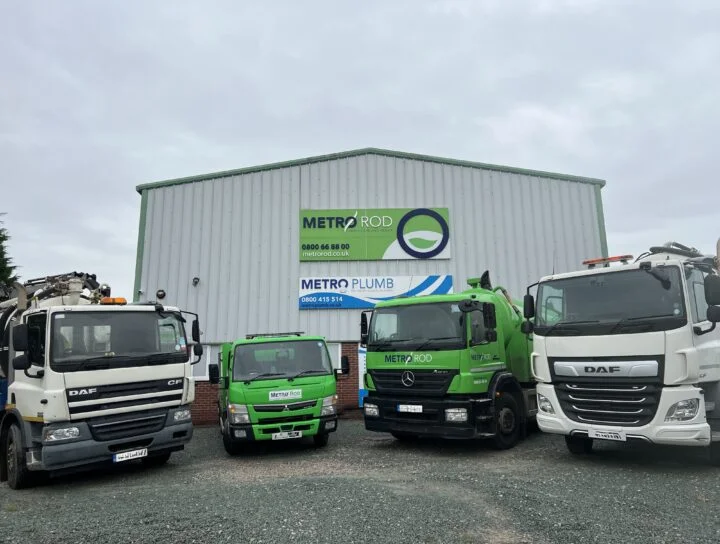With just 14% of rivers in ‘good’ ecological condition, England is now one of the worst places in Europe when it comes to water quality. Levels improve in Wales and Northern Ireland, with 40% and 33% of rivers in good condition respectively, but there is still much more work that can be done to create cleaner waters around the country.
Water Usage in the UK
Each person in the UK uses around 140 litres of water a day for washing, drinking and cooking, and while it is deemed safe to do all these things, increased pollution to the water at source requires more intensive treatment, which costs more money.
That aside, MPs in the UK that are campaigning for cleaner waters say rivers are being contaminated by a ‘chemical cocktail’ of sewage, agriculture and road pollution, which ultimately risks putting people’s health at severe risk. And there are a multitude of reasons why it’s happening.
Common Causes of Water Pollution
So, what is causing British waters to become contaminated? What are the main causes of water pollution in the UK and how can they be prevented?
Sewage
Waste water from domestic and industrial premises is under strict regulatory control. However, there has been an increase in serious water incidents caused by sewage being emitted into water courses in recent years, which is polluting rivers and lakes across the country.
Agricultural pollution
Typical processes involved in agriculture, like the spreading of slurries and manure, the use of pesticides and land ploughing can all have an impact on water quality levels.
Oil pollution
Thousands of oil spillages take place every year in the UK and can make drinking water unsafe. It can also affect marine and wildlife by reducing oxygen supplies in the water that animals drink. Spillages come vehicles, storage facilities and waste oil systems that aren’t maintained efficiently.
Radioactive substances
Radioactive substances are found in everything from nuclear power plants to everyday items, including watches, television sets and x-ray machinery. If these items are not properly disposed of, their elements can find their way into water courses resulting in water pollution.
Fly tipping
There was a 16% increase in fly tipping incidents in 2020/21 compared to the year before. People are increasingly discarding general waste items – from garden cuttings to electrical equipment – into rivers to avoid collection or local tip charges. Not only do dangerous substances enter water courses but such activity impacts wildlife and increases the risk of flooding.
Business’ Awareness of Pollution
Metro Rod recently undertook research with a cross section of people working at management level in manufacturing businesses across the UK, to determine how informed the industry is of the role it plays in protecting the environment, and what action is needed to make improvements.
We found that only half of businesses in this sector are aware that water can become contaminated by cleaning equipment (58%), cleaning food production areas (46%) and washing down vehicles (45%) – all of which contribute to trade effluent.
Furthermore, almost two thirds of respondents (62%) were unaware of the steps they should be taking to remedy water pollution, with only 15% aware of all the individual guidelines their business is required to comply with. Only 23% of respondents correctly identified that if their business was found to be in breach of environmental legislation, they would be subject to both an unlimited fine and might be found guilty of a criminal offence with potential for imprisonment.
Although these results are specific to manufacturing, any business found to be conducting activities that produce contaminated water could face a big impact to their reputation.
For more information, head to our Preventing Pollution white paper.
How Metro Rod can Help
When it comes to minimising water pollution, prevention is better than cure – especially for business that simply cannot avoid the need to undertake processes which result in contaminated water and trade effluent.
Correct Use of Drains is one of seven chapters in the Environment Agency’s pollution prevention for business guidance. It contains instructions such as the need to make a drain plan detailing where drains are, what type of drains they are, their direction of flow and where they discharge into, to mark manhole covers and install an oil separator – all of which Metro Rod’s expert engineers can support with.
We can provide high pressure water jetting services, emptying interceptors, grease traps and car park gullies, pipework descaling and pump station servicing to ensure facilities are functioning at optimum levels to minimise the risk of water pollution.
To find out more about how we can help you, get in touch today and one of our expert engineers will be happy to help.
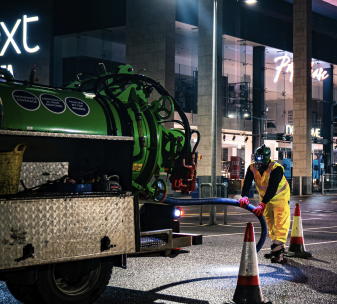
Talk to your local Metro Rod specialist
We are always happy to arrange a free site assessment and no obligation quotations for any work you might need. Alternatively, you can call our emergency hotline number on 0800 66 88 00
Get in touch Drainage Services